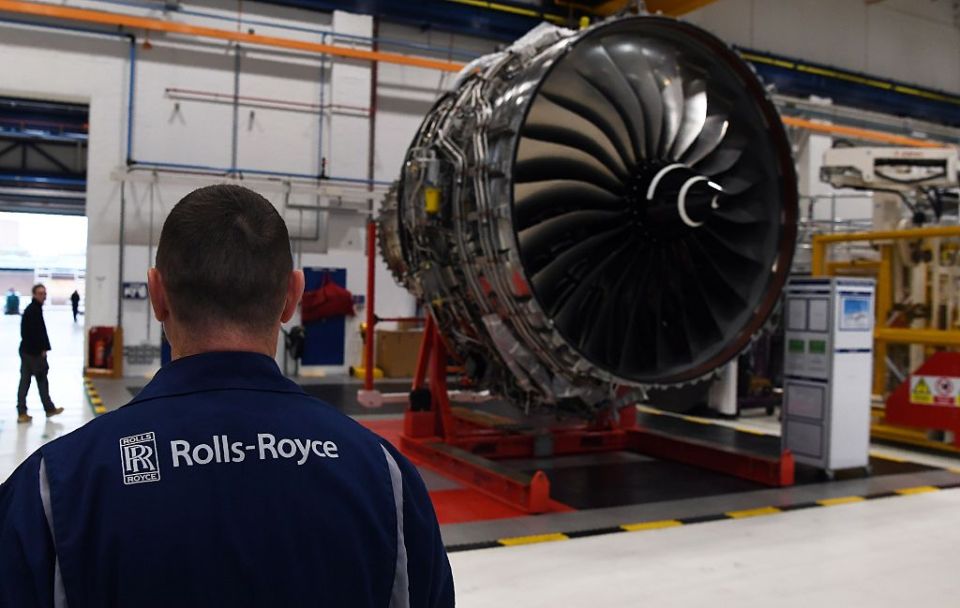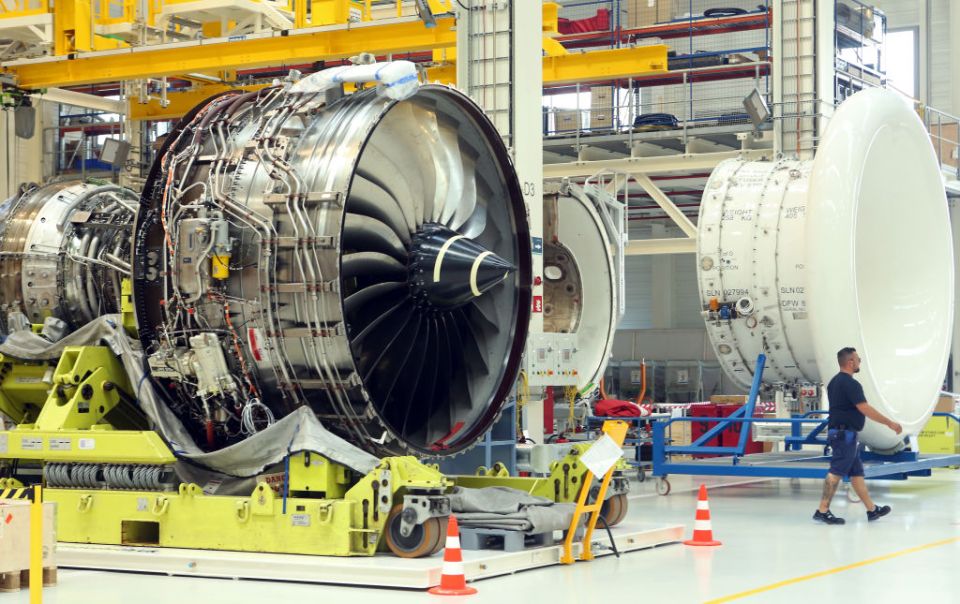Why Rolls-Royce has bucked London Stock Exchange trend after value more than trebles

An increasing number of companies listed on the London Stock Exchange are deciding they’re being undervalued and that their futures lie in private hands.
It’s a narrative that has developed over the last couple of years, fuelled by high-profile examples, and it’s a trend that appears to be showing no signs of slowing down.
But while some businesses are concluding that their shareholders will benefit from exiting the London Stock Exchange, others seem to have been finding the experience of being a listed company a more positive one.
Iconic manufacturer Rolls-Royce is undoubtedly one of the LSE’s major success stories over the last year or so.
With its shares now trading higher than 300p, the Derby-headquartered group has seen its valuation more than treble since January 2023 to now stand at over £25.6bn.
After hitting an all-time low of nearly 39p during the worst months of the Covid-19 pandemic, Rolls-Royce’s share price is now as high as it was during the middle of 2019.
While its full-year results for 2023 are yet to be revealed, in the first half of the year Rolls-Royce’s statutory revenue increased from £5.6bn to £7.5bn while it went from a pre-tax loss of £1.7bn to a profit of £1.4bn.
With its chief executive, who is behind a major new vision for the group, marking 12 months in the job, Rolls-Royce can certainly look back at 2023 as a job well done.
But is the reason why Derby-headquartered Rolls-Royce enjoyed such success on the London Stock Exchange more than just its new CEO’s vision and positive financial results?

‘No-nonsense approach’
Dan Coatsworth, investment analyst at AJ Bell, said: “Rolls-Royce shares soared in 2023 amid investor excitement about a new CEO coming in to try and fix the business.
“Tufan Erginbilgiç took a no-nonsense approach and was outspoken about the problems found. Investors loved the ‘go-getter’ attitude and lapped up the stock.
“They got excited about what might potentially happen and that the UK engineering champion could be nursed back to good health.
“More recently, the CEO set out ambitious targets including a goal to quadruple profits in the next four years and sell its electric aircraft division.
“This changed the dynamic for investors as the narrative went from ‘what if?’ to more concrete goals.”

‘Shares have lost momentum of late’
However, Coatsworth has warned that investors might not see the same level of success from Rolls-Royce during 2024.
He added: “Reality is now sinking in and the market will need to see hard evidence of change in order to keep bidding up the shares.
“This shift in narrative is part of the reason why the shares have lost momentum of late, not helped by negative broker comment with Berenberg saying it was impressed with the ‘strategic philosophy’ of the new boss but concluded the risk/reward was unfavourable for owning the stock. It has concerns on Rolls-Royce’s pricing, competition and issues around the XWB-97 engine.
“The share price could find it harder going in 2024 unless the company can show solid progress in its new growth plan.
“The stock previously traded at a big discount to peers but last year’s share price rally has significantly narrowed that gap.”

‘Customers are elastic’
That Berenberg comment last week involved it lowering the aerospace and defence giant from ‘hold’ to ‘sell’ but did mark up its target price from 100p to 240p.
In the research paper, the German bank said that pricing would be “a challenge” because of current reliability issues for key engines.
It said: “The strategy to raise prices while reducing costs on long-term service agreements is key for underlying margins in the lead-up to 2027, and especially thereafter.
“We are impressed by what we have seen so far, noting Airbus seems to be working closely with Rolls-Royce to enable it to achieve its pricing goals, while customers (notably Emirates) have overtly pushed back on Rolls-Royce’s pricing actions, as may be expected.
“However, the economics of an A350 (where Rolls-Royce is the sole source until circa 2030) will change, customers are elastic and there are competing products.”
It added: “After the 220 per cent rally in the shares in 2023, the valuation discount to peers has narrowed materially, on a guidance framework that carries more downside that upside risk in the near term, in our view, and mechanically speaking some tailwinds are set to reverse from 2027.
“Net net, we see the risk/reward in the commercial aerospace division as unfavourable.”
Despite Rolls-Royce’s success on the LSE over 2023, the concerns and frustrations that many listed companies have remain and are certain to continue to resurface on a regular basis throughout 2024.
